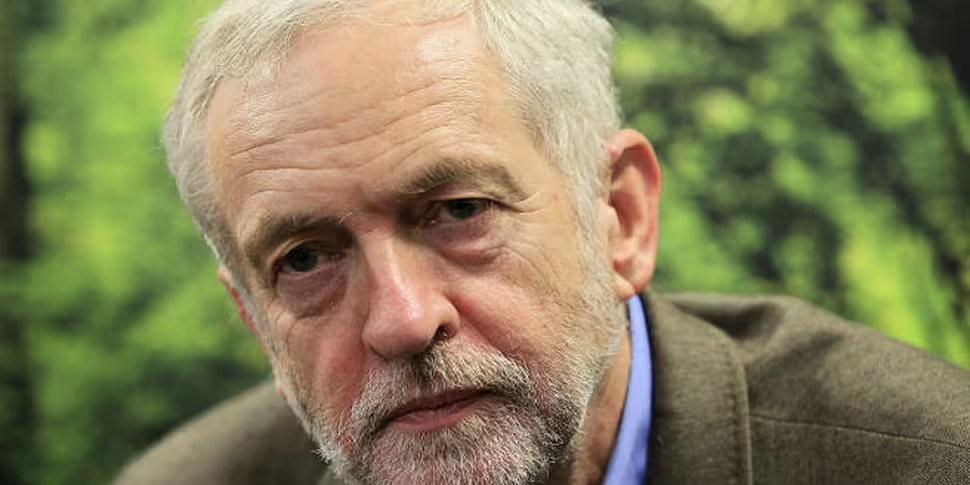The newly elected British Labour party leader Jeremy Corbyn has demanded that David Cameron intervenes to try to save the life of a Saudi teenager who is due to be beheaded.
Ali Mohammed al Nimr was reportedly sentenced to death for his part in anti-government protests, including breaking allegiance to the king and rioting.
He was 17 when he allegedly committed the crimes.
Mr Corbyn has written to the British prime minister, urging him to use Britain's influence to "prevent a grave injustice".
"Ali's case is especially urgent - the secrecy of the Saudi system means that he could face execution at any time, and even his family may only find out after the event," Mr Corbyn wrote.
"There is therefore no time to spare in taking this up with the Saudi authorities, if we are to prevent a grave injustice."
He has also asked Mr Cameron to stop the UK's ministry of justice, through its commercial body JSi, from trying to win a contract to provide expertise to the Saudi prison system.
Justice secretary Michael Gove has ordered the closure of JSi, but the company has pushed ahead with its bid to win work in Saudi Arabia because the government says it could face financial penalties if it withdraws.
Al Nimr was arrested in 2012. His case has sparked global outrage because of his age and the severity of his punishment.
France has called on Saudi Arabia not to carry out the execution, arguing he was a minor at the time of the alleged offences.
The international human rights charity, Reprieve, says Saudi Arabia's plans to behead and crucify someone arrested as a teenager are "indefensible".
"The international community - particularly Saudi Arabia's close allies, the UK and the US - must stand with the French government and UN experts against this outrage, and call on the Saudi authorities to put a halt to this unjustified killing," Reprieve's spokesman Donald Campbell said.
Amnesty International is also calling for urgent action to stop the execution, saying Al Nimr's trial "was deeply flawed. He was denied the most basic needs to prepare his defence, including regular access to his lawyer and a pen and paper to respond to the charges".









